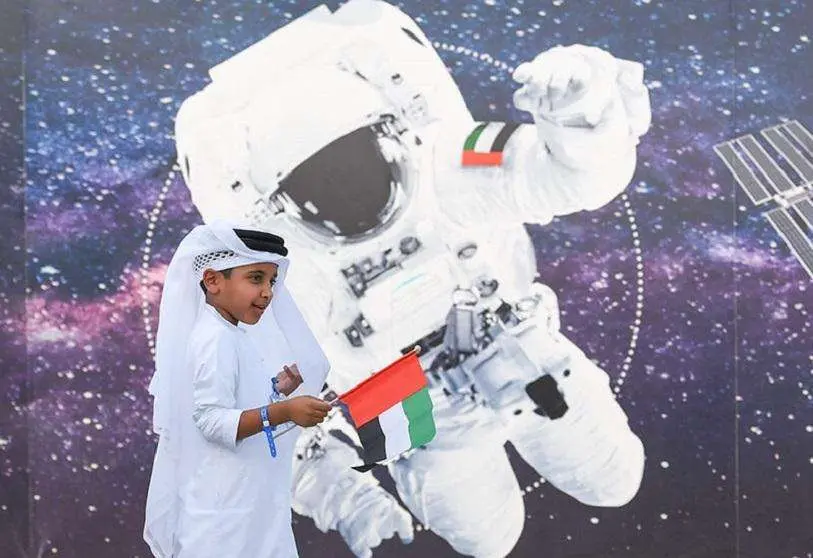United Arab Emirates earmarks $817 million fund for its space industry

The United Arab Emirates continues its commitment to the space race. UAE President Mohamed bin Zayed has announced via his Twitter account the approval of a new $817 million fund to support the country's space sector.
According to the tweet, Zayed said the Arab country hopes to establish "a dedicated fund to support the UAE's burgeoning space programme" through the launch of "a new initiative to develop radar satellites" that will "expand our growing capabilities in this vital sector while accelerating innovation in global sustainability".

This initiative involves the creation of a fund to build a 'constellation' of advanced satellites that use radar technology to take unprecedented images of space. This new project has been named Sirb (Arabic for "flock of birds") and is intended to boost the country's competitiveness in the space sector.
Like Zayed, Sheikh Mohammed bin Rashid al Maktoum, the UAE's vice-president and ruler of Dubai, said that the aim of the project is to "establish national companies in the space sector", as well as to "promote strategic projects and national research".
According to the WAM agency, the satellites will be able to "create very detailed images" that will show detailed images of the Earth, as well as the ice cover and the changes that are occurring on the surface due to climate change. With this initiative, the UAE aims to further contribute to global efforts to support solutions to climate change, as well as environmental sustainability and improved disaster management.

These images will be made possible thanks to SAR (synthetic aperture radar) technology which, thanks to its development, makes it possible to capture "satellite images". This type of technology has also been used in other fields such as archaeology, weather forecasting and urban planning. In addition to these sectors, such technology could also be applied in other fields such as scientific, civil or commercial.
In addition, this economic fund will be used to support public-private cooperation programmes in which the aim is to attract national and international companies. According to the Minister of State for Public Education and President of the Emirates Space Agency, Sarah bin Yousef al Amiri, the project will seek to "develop the Emirati space sector to create economic opportunities, new jobs and help create global partnerships".
In this sense, the environmental issue has been one of the key topics during the Sustainability and Development Summit held during these days in the Saudi city of Jeddah. At the summit, the members, together with the United States, reached common proposals to achieve the transition to green energy and to continue working together to achieve the goal of zero net carbon emissions.
They announced that they will contribute to the monitoring of global change and help "find innovative solutions for environmental sustainability".
In the space sector, the United Arab Emirates continues to work to establish itself as one of the leading countries committed to going one step further and contributing to space technology. In this context, the UAE has become the fifth space power to reach Mars after it successfully launched a probe into orbit. In addition, it has already announced a new space mission that aims to put a "rover" on our satellite, the moon, by 2024 and another scheduled for 2028 to explore the planet Venus.








